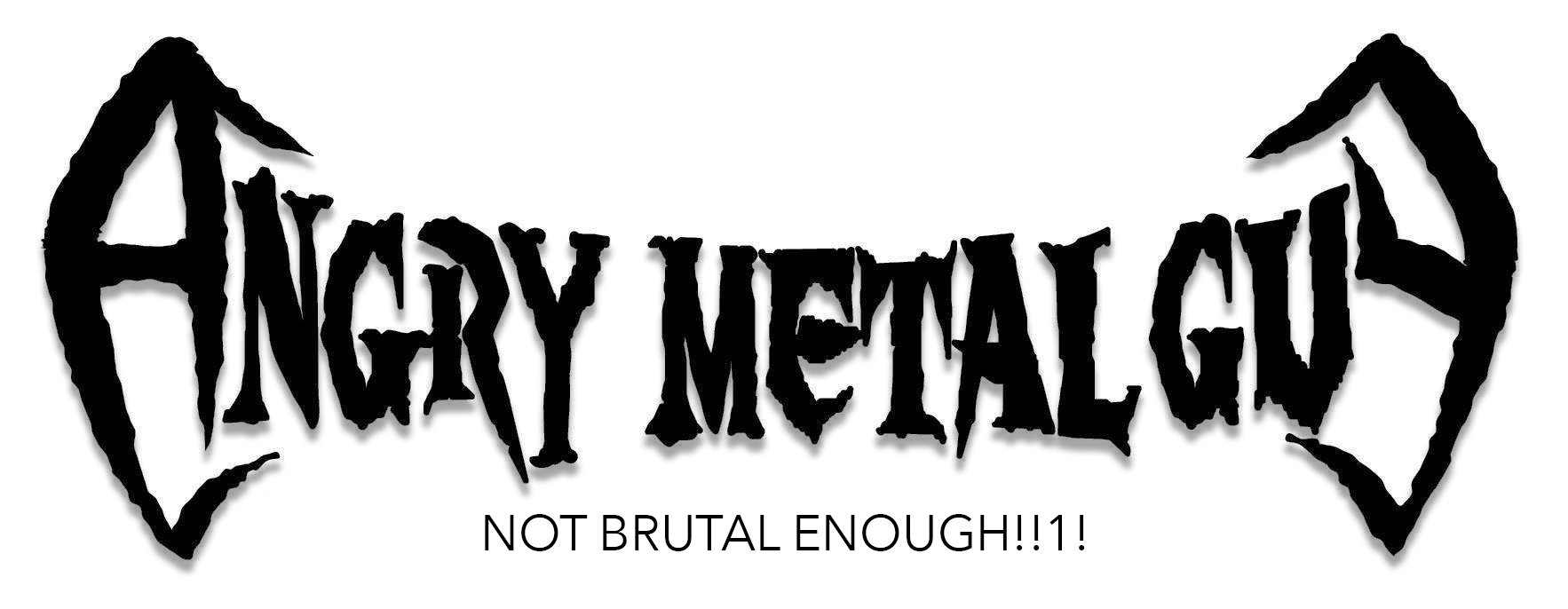On the 4th of September Iron Maiden will release its 16th studio album. This new platter is slated to be a double-disc monstrosity by the name of The Book of Souls, and I’m sitting around working on my review of it really hard. In honor of this, I’m going to take advantage of the moment to do something I’ve wanted to do for a very, very long time: a huge Iron Maiden retrospective, spanning the band’s entire studio discography. Also, here’s a refresher on objectivity for all of you and your voice lesson teaching mothers.
#12: Virtual XI [1998]: Virtual XI is, as far as most are concerned, Iron Maiden’s absolute lowest point. While I actually enjoy Blaze Bayley as a vocalist—as I’m sure longtime readers of the blog are aware—this record has problems, including his vocals at times. In the scope of the band’s career, songs like “The Angel and the Gambler” and “Don’t Look to the Eyes of the Stranger” shouldn’t even be named in the same breath as Maiden’s most mediocre output. But I’m going to argue that while poorly executed, the record’s finest moments—which were for the most part written in tandem with Janick Gers or Blaze Bayley for you Steve Harris apologists out there—suffered more from bad production than bad songwriting.
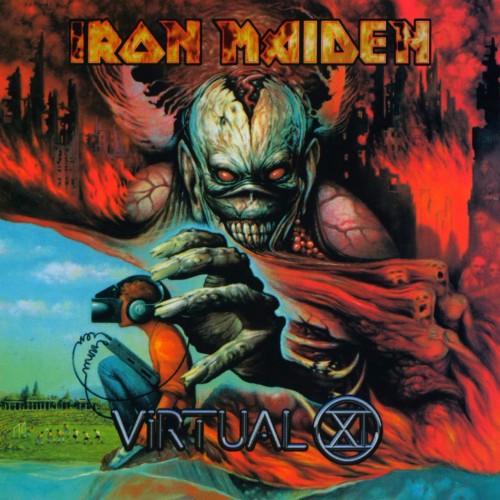
The problem with VXI is best exemplified by the song “The Angel and the Gambler.” My operating theory is that in 1998 there wasn’t a single voice in the Iron Maiden camp that could contradict Steve Harris; a man known for his stubborn determination, innovative bass style, and unfortunate football fandom. Bruce Dickinson? Gone. Adrian Smith? Long gone. Dave Murray? He’s like the world’s nicest dude, never said a mean word to anyone in his life… not a likely candidate. Nicko? He’s a drummer, no one gives a shit what he thinks. Janick? New guy. Blaze? Well, Blaze was, at the time, the least popular vocalist in the world of heavy metal being kept in the band by Harris. Harris’s control of the band was complete. Even Rod Smallwood had been overruled on Blaze being in the band, and long-time producer Martin Birch had hung up his monitor earphones leaving Steve to (not) edit himself. Atop Mount Maiden, ‘Arry ruled with an iron fist. And his will was law.
Thus, “The Angel and the Gambler.” There wasn’t a single voice to tell Harris that the song needed to be cut down. The track is 9 minutes and 53 seconds of one chorus—and not even a catchy chorus at that. Four notes repeated ad nauseum for almost 10 minutes. Ever record music? It takes a long time. There is no way that anyone could play this track enough times in the studio to be able to make it perfect and not come out on the other side thinking “What the hell is it that we’re recording, here?” It’s almost comical, like Sideshow Bob and a yard full of rakes; but one thing it ain’t? It ain’t good. “Don’t Look to the Eyes of a Stranger” wasn’t a particularly shining example of Harris’s genius either. Long, slow and uninteresting, this track makes it to 3 and a half minutes and then takes a 5 minute diversion into a terrible chorus. The guitar solo gives a momentary respite in the last minutes, but beyond that? Not much.
This same stubborn determination is also why the band never tuned to a key better for their new lead singer, who was swimming in the deep end of the vocal pool, so to speak. Blaze is a baritone, and his style from Wolfsbane was barky and aggressive. His vocal control on held notes goes off, and it’s far more clear on Virtual XI than it was on TXF, but the band didn’t lend him a hand. Instead, they put out a record where the vocals can sometimes veer into the uncomfortable when he’s trying to hold a tone for a longer time.
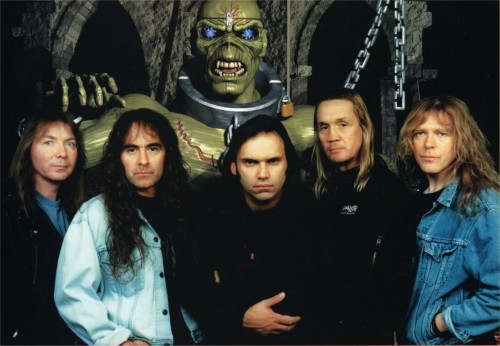
But contrary to popular belief, VXI is not without its charm. “The Clansman” was a Harris epic that actually ruled. The Murray/Bayley penned “When Two Worlds Collide” was actually a very cool song that previewed the best of what Blaze would have on offer for his solo band and even featured a long-eschewed gallop [and, by the way, if you’d like to hear how Blaze sounded when allowed to sing this song when it was down-tuned for his range, you can find an awesome rendition of it here]. Final track “Como Estais Amigos,” a poorly named but well-written song about the Falklands War, features some of the most interesting writing on the album. “The Educated Fool” features a cool and progressive riff, and an almost ’70s prog influenced chorus that I still love. And I genuinely enjoy “Futureal,” a ripper that’s still among the band’s best album openers.
It doesn’t help that VXI is hampered by one of the worst production jobs that Iron Maiden ever had. This is the last time that Nigel Green was in control of the production process, and I don’t think that’s a coincidence. The album is flat, and it’s hard to listen to, and I don’t think that people make the realization that these songs didn’t pop for them because the production didn’t pop. One of the tricks of production is getting the production out of the way of the music, and Virtual XI is an album where the production is very much in the way of the music. When it’s all said and done, I think that Virtual XI was a record that would have been a lot better under different circumstances, and I’ve always longed for a remixing and remaster of it. As a whole it suffers and is inconsistent, which doesn’t put it so high up the list.
#11: Dance of Death [2003]: Dance of Death is one of the more maligned records from the band’s post-Blaze period, and there are some very good reasons for that. Firstly, the production isn’t particularly stellar, and in many people’s minds, the record was simply a huge step down from 2000’s reunion record Brave New World. Still, it’s certainly not the band’s worst album and it has its fair share of good stuff on it. In fact, some days I’d say that it’s a better record than its predecessor in terms of its peaks—and for me Dance of Death contains some of Maiden’s best post-reunion material. Unfortunately, the valleys of Dance of Death are deep and long, indeed.
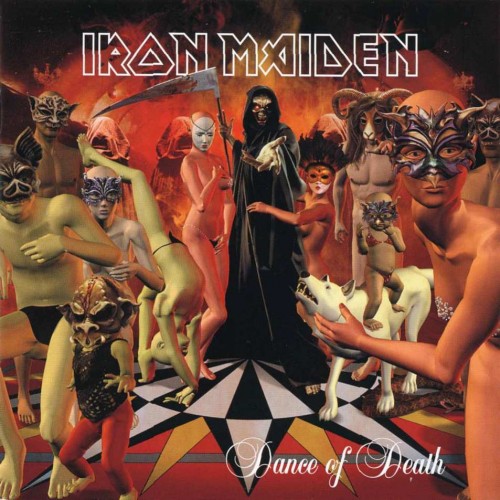
First, I think it’s important to point out that Dance of Death is just as much a victim of its production as VXI, though with different problems. The record is the base of the decision the guys in the band made to not master follow-up A Matter of Life and Death, because it ended up flat and really, really loud. Listening to this album next to the production on albums like PoM or SSoaSS—hell, even compared to FotD—the production here is simply not up to snuff. In retrospect, this is probably less Kevin Shirley’s fault than whoever mastered the damned thing, but one has to wonder how a band with the clout of Maiden could even produce a record that sounds like this.
This doesn’t keep the record from knocking out some really excellent tracks. While the opening salvos are basically what you expect from a post-reunion Maiden record, truly amazing tracks followed. Two of my favorite Maiden songs ever are here: “Montségur,” a riffy Dickinson/Gers/Harris ripper that hearkens back to an energy of a different age, and “Face in the Sand” which saw the Smith/Dickinson writing team turn out something really special. Dickinson’s lyrics are artful and interesting, and there’s a flare and deft touch here that one doesn’t see in metal very often. And aside from the great lyrics, the song itself has an amazing build and an inspiring chorus.
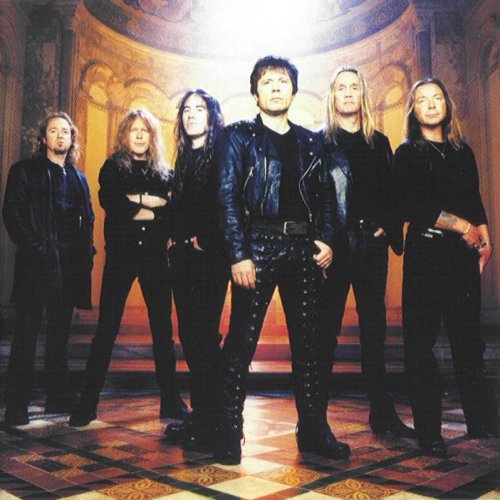
Unfortunately, the whole record cannot live up to the strength of these two songs. While title track “Dance of Death” has a cool chorus that uses the three guitarists well, it’s monotonous. “Gates of Tomorrow” and “New Frontier” are both OK, but bland, and closer “Journeyman” never impressed me, even though it was a nice song. But the real low point here is Steve Harris’s immensely bad “Age of Innocence,” which has lyrics that make him sound like a very bitter, old man1, and quite frankly it isn’t much of a song, either. Even the Iron Maiden forums—famous for its “In Defense of Quest for Fire” threads—didn’t bother to defend that track.
All-in-all, though, Dance of Death has some great stuff on it. “Paschendale” is an excellent epic, while “Rainmaker,” “No More Lies” and “Wildest Dreams” are fun songs. And with peaks like “Montségur” and “Face in the Sand,” I do keep on wandering around to this record.
#10: Killers [1981]: Putting Fear of the Dark as far down the list as I did was something I figured would step on a lot of toes, but this is the bombshell I’m going to drop that will make (particularly older) fans drop their jaws. That’s right, I think Killers is among the bottom third of Iron Maiden’s material. Ironically, the band themselves have always maintained that Killers was better than their debut, and despite kicking their vocalist out after it, I think it’s always been considered to rank among the band’s best. And Killers, in some ways, was an improvement over the debut album (see: the production); but the album never quite clicked with me like the band’s other material.
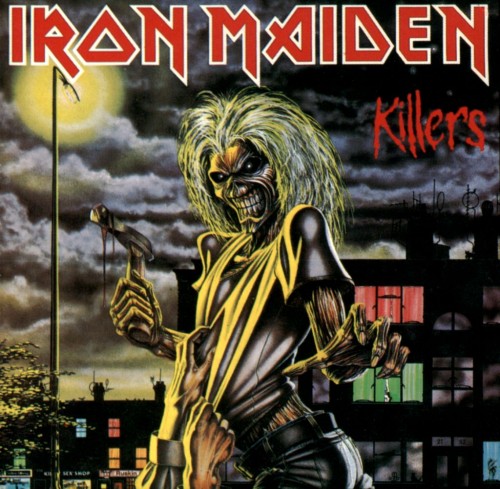
For one, I actually think Killers fits the mold of a classic sophomore slump. Iron Maiden had all the material that the band had been flogging on the road for the years prior to getting picked up, and Killers was written from scratch. Second, and this simply shows my bias in the types of material, Killers still sounds a lot more like ’70s hard rock than heavy metal, and while I love Di’Anno’s vocals on this material, he never commanded the microphone like Dickinson did after him. Those two things put together conspire to simply drop this record in frequency of spins, which is easy to do when a band has produced as much material as Maiden has.
OK, all of that out the way: Killers is a record that I’ve come to appreciate as I’ve gotten older. Maiden weren’t wrong about the production, which is so much better than the debut—fat and punchy—and it has an energy I love: the energy of a young band who knows they’re doing something special. While the guitars are thin by modern day standards, they blend perfectly with Harris’s trademark bass sound, and the drums sound fantastic with Burr’s feel and phrasing fitting the material perfectly. “Killers” and “Purgatory” rank as two of my favorite songs by the band ever, and “Genghis Khan” is one of those deep cuts I’d love to hear the band perform live.
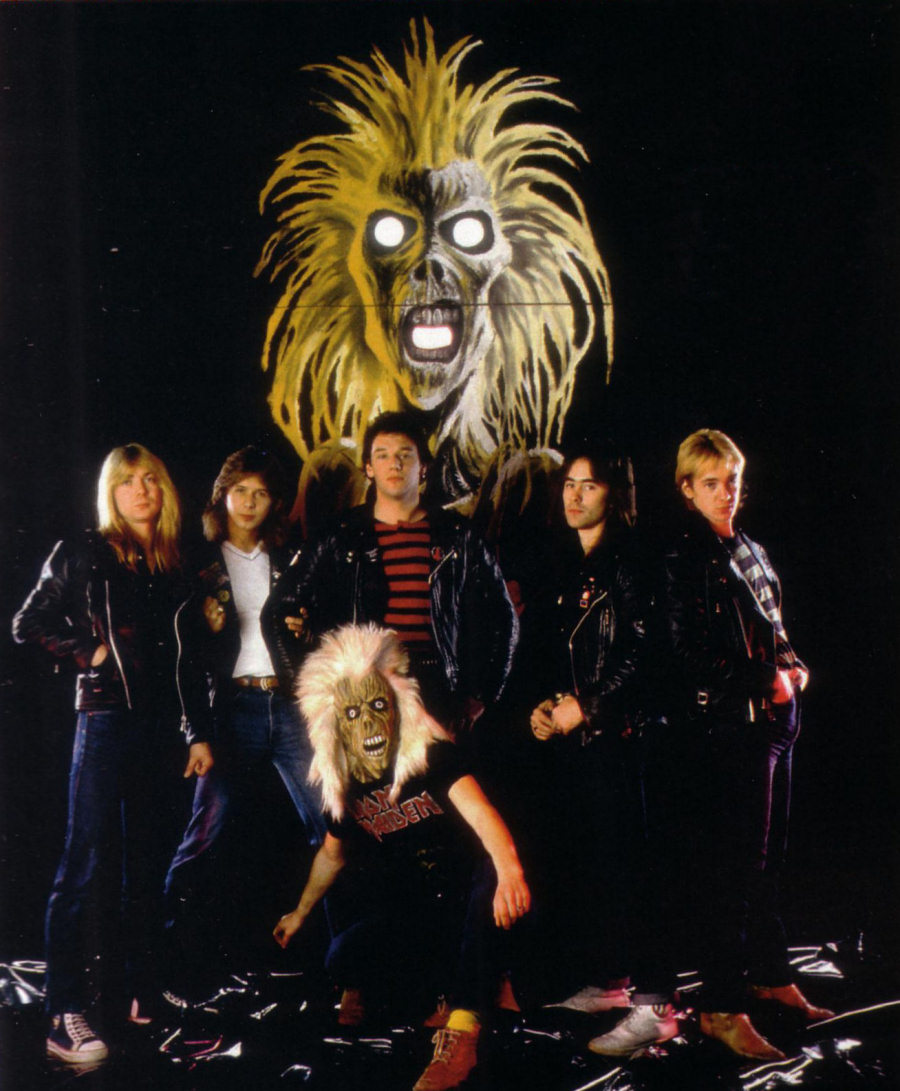
Killers has an undeniable energy to it, and I can see why fans who were into this era’s material felt disappointed when Dickinson joined the band. Di’Anno’s attitude was simply more punk rock, and this material is more blues rock inspired than the band’s later material would prove to be, too. This creates a sound that genuinely separates this album and its predecessor from the band’s later material, and I’ve always had more trouble connecting with this material. In some ways it’s hard to rank Killers at #10, because it’s still such a good record. But since I’m so godawful sick of “Wrathchild,” I feel like it’s justified. And be warned, it doesn’t get any easier from here on out. ‘Cause these Iron Maiden guys don’t suck.
